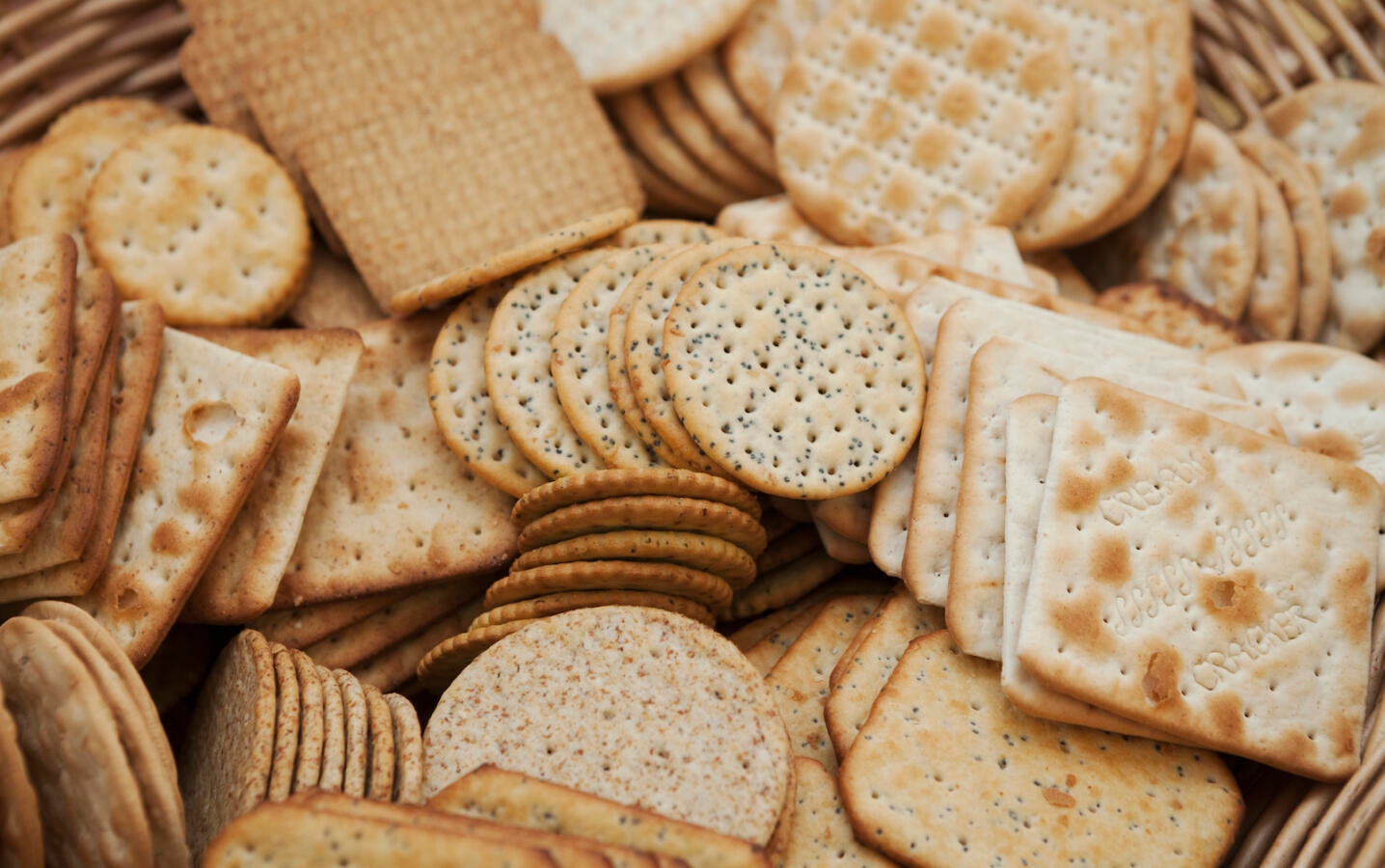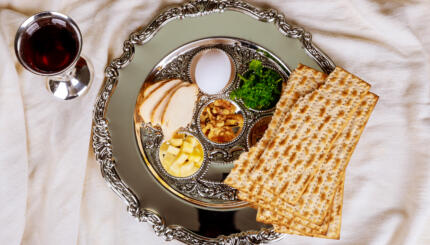The core prohibition of Passover is the avoidance of any leavened foods made from one of five grains — wheat, barley, oats, spelt and rye. But what about unleavened products of those grains? Matzah, after all, is typically made from wheat. It’s kosher for Passover because it’s unleavened. So what about similar foods made of flour from the five grains? Could they be kosher for Passover too?
In theory, yes. In practice, usually not. Let’s look at a few to understand how.
Pretzels and Crackers
On the surface, these popular snack foods look an awful lot like matzah. But in fact, even crackers and hard pretzels are leavened. Along with water and flour, yeast is added to pretzels, saltines and other crackers before the dough is shaped and baked, rendering them unacceptable for consumption on Passover. Passover versions of these products are available, made either from unleavened wheat (much like matzah) or from alternative flours, like potato or tapioca flour.
Tortillas
Classic tortillas are made from corn, which is not one of the five forbidden grains. However corn falls into the category of kitniyot, grain-like foods that many Ashkenazi Jews avoid on Passover but which Sephardic Jews do eat. Corn tortillas are therefore acceptable for consumption on Passover for Sephardic Jews and others who eat kitniyot. In Israel, Passover-certified corn tortillas are commercially available.
With your help, My Jewish Learning can provide endless opportunities for learning, connection and discovery.
Flour tortillas are typically made from wheat, which is one of the five forbidden grains. However, it’s possible to make flour tortillas from just wheat flour and water, which are precisely the same ingredients in matzah. So long as the flour is not permitted to rise, it’s technically possible to make flour tortillas that are kosher for Passover. And indeed, there are soft matzahs commercially available that are basically the same as two-ingredient flour tortillas, though it’s customary for Ashkenazi Jews to avoid them.
Pasta
Pasta is typically made from semolina, a coarsely ground wheat mixed with water, and as such is definitionally considered a leavened product of one of the five grains. Even though no leavening agent like yeast is normally added, the rabbis determined that after 18 minutes, any grain mixed with water is considered leavened. Since pasta is normally dried and cooked long after it’s made, it would not fall within this time frame. Kosher for Passover pastas are available, however, though these are produced from alternative flours.



